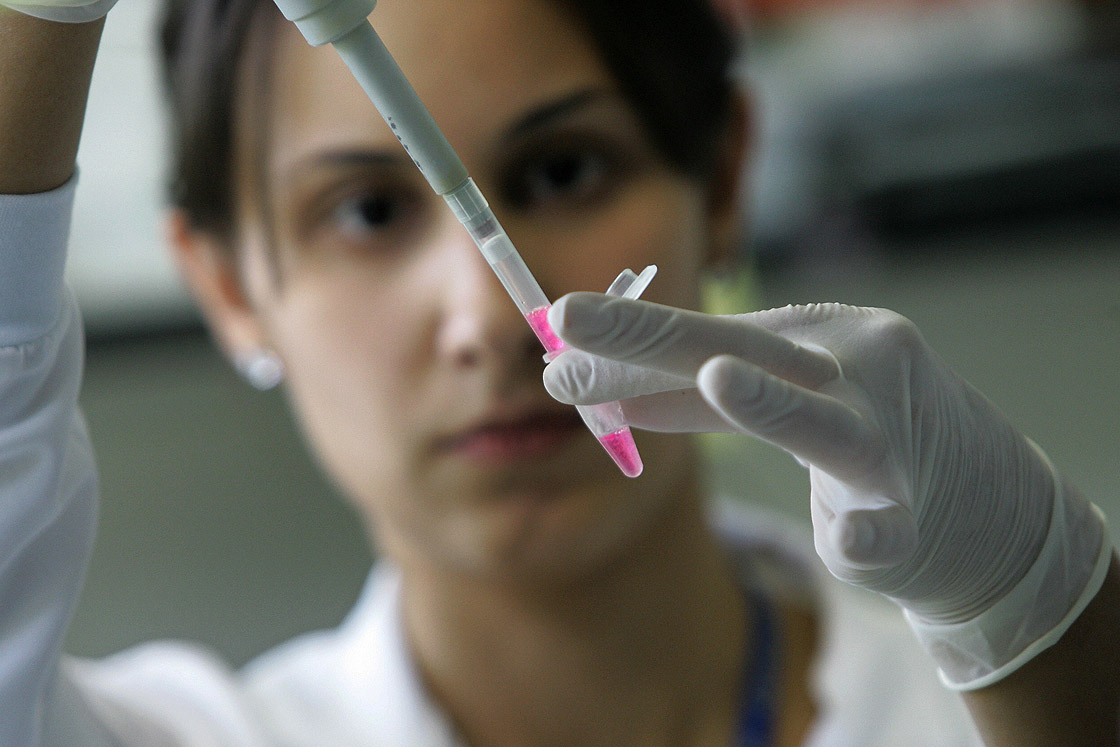CALGARY- Chinese researchers say they’ve developed an easy and safe way to transform an ordinary cell into a stem cell–a breakthrough that has captured the attention of researchers around the world.

“Everybody is excited because they behave like embryonice cells, they can give rise to any cell type in the body but they’re made from patients,” explains Dr. Derrick Rancourt, a stem cell researcher with the University of Calgary
Labs are reluctant to use embryonic stem cells because they involve the destruction of an embryo, but Professor Deng Hongkfui’s Lab has been able to create stem cells using a chemical cocktail.
“One of Professor Deng’s contributions now is the suggestion that we could actually regenerate cells in the patient’s body by delivering drugs,” Harvard Medical School Researcher, George Daley explains. “Small molecules would change one cell identity into another.”
This isn’t the first time scientists have been able to engineer stem cells. Japan’s Dr. Shinya Yamanaka made that breakthrough discovery back in 2007, but there was a problem. Those stem cells, known as IPS cells, caused cancer. It’s hoped this method will be safer.
“We hope that this new approach using chemical reprogramming might circumvent that because you’re not using these potentially cancer causing genes,” says Rancourt.
Last May, Dr. Rancourt’s lab at the University of Calgary found a way to create a large quantity of stem cells at the same time using a bio-reactor. Now, the team hopes this new Chinese protocol will help improve the quality of those stem cells.
A Japanese lab has already started using the new IPS stem cells to treat blindness in a clinical trial. Rancourt believes treatments and even cures for things like Parkinson’s and heart disease will follow in the not too distant future.
“20 years is a reasonable bet,” he explains. “But there are clinical trials that have already started so it is possible that some things are going to happen sooner.”
- Canadian man dies during Texas Ironman event. His widow wants answers as to why
- ‘Sciatica was gone’: hospital performs robot-assisted spinal surgery in Canadian first
- Canadians more likely to eat food past best-before date. What are the risks?
- Invasive strep: ‘Don’t wait’ to seek care, N.S. woman warns on long road to recovery




Comments